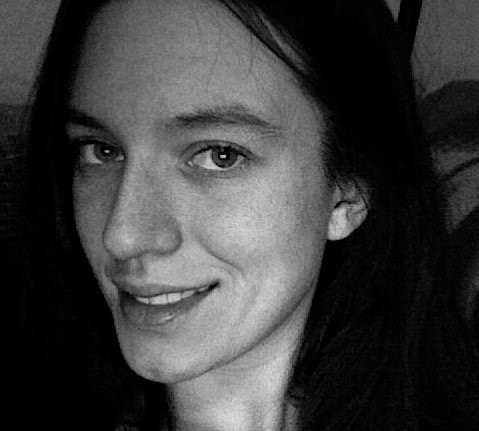
“When I was younger, knowing that my grandparents were involved in the American Civil Rights movement of the 1950s and 1960s was inspiring to me,” said Alia Braley, who has been working as a researcher and advocate of strategic nonviolent action for the past three years, currently with the Albert Einstein Institution. 
For her TED Talk, Braley will discuss the massive impact of strategic nonviolent action in the world today, from the pro-democracy protests in Hong Kong in 2014 to the anti-corruption protests of Guatemalans in late 2015, where protesters in both the cities and countryside came together to organize a general strike that crippled the government and led to the prompt resignation of several leaders including the president.
To be clear, nonviolent action is not the same as pacifism. It is a form of conducting conflict that is often used for pragmatic reasons — because it is powerful and it works. It also should not be confused with civil disobedience, which has a precise definition as a subset of the infinite tactics available to nonviolent activists.
“Nonviolent action is basically the ability of diverse people to actively engage in structural change in their society on their own terms” she said.
The academic study of nonviolent action is only just in its infancy according to Braley, but the use of nonviolent action goes back to ancient times. History holds many famous examples of success, including the struggle for independence in India associated with Gandhi, as well as lesser known examples, like the Baltic resistance against Soviet invasion in the 1990’s.
Rigorous study of nonviolent action is important, she said, in order to assess and improve its effectiveness. Today, more societies are using nonviolent action than ever before, but often with mixed results. The cases often cited include the rise of authoritarianism in Egypt, and the destabilizing bloodshed and displacement caused by the Syrian civil war. However, it should be noted, she says, that the trouble in Egypt and Syria has arisen as a result of violent actors that disrupted the initial success of nonviolent movements.
Through connecting with organizations like the Albert Einstein Institution, nonviolent activists are able to access the resources and knowledge that may help them to plan effectively and avoid some of the most common pitfalls.
Despite the violence prevalent in today’s news, nonviolent action is a driving force in domestic and international relations, Braley said. For an example of a successful nonviolent movement with maximalist goals, she suggests that people learn about the movement that overthrew Slobodon Milosevic in the former Yugoslavia as depicted in the documentary Bringing Down a Dictator.
 “So many of the devastating and heartbreaking problems in the world today come from political violence and the threat of political violence,” she said. But although people know their needs, they often feel powerless to create change. “Learning about how strategic nonviolent action works helps individuals and groups put their knowledge they already have about their society into action that can create real and lasting change.”
“So many of the devastating and heartbreaking problems in the world today come from political violence and the threat of political violence,” she said. But although people know their needs, they often feel powerless to create change. “Learning about how strategic nonviolent action works helps individuals and groups put their knowledge they already have about their society into action that can create real and lasting change.”
Get your tickets for TEDxSalem IV
Tickets are on sale now for Salem’s annual TEDx event Saturday, January 7, 2017. Tickets are $50, $40 for students. The all-day event includes talks, performances, refreshments, lunch and a swag bag. Follow us on Facebook for the most up-to-date news from our community, and check our website regularly for new information. You can also reach us at info@tedxsalem.us.